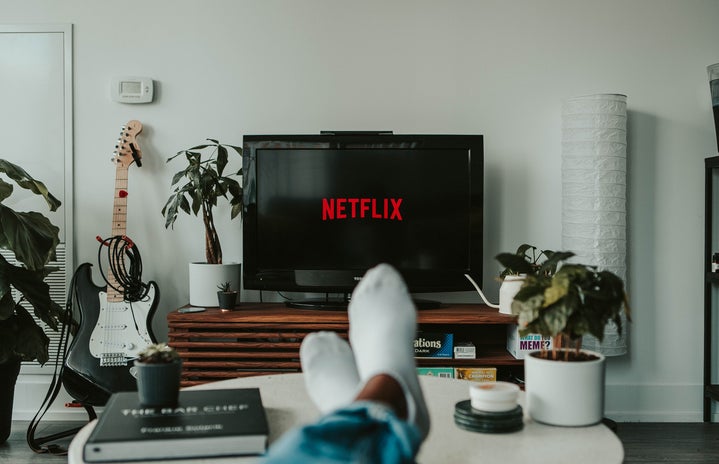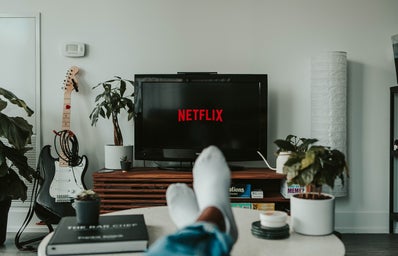Edited by: Stuti Sharma
“You can live your whole life like a puzzle, put together from the pieces of different sets. Your whole life is full of these pieces that don’t quite fit. But at some point, you start to think it’s you. You’re the piece that doesn’t quite fit. And you spend so long with that feeling that the feeling becomes your home. And it can be jarring when you discover one day that you suddenly don’t feel that way anymore. At first, you don’t trust it, but then, gradually, you do.”
As I sit down to pen my thoughts on “BoJack Horseman,” I find myself grappling with a whirlwind of emotions that this animated series has stirred within me. In a world saturated with seemingly light-hearted cartoons, “BoJack Horseman” stands out as a dark, raw, and brutally honest exploration of the human condition, wrapped in an anthropomorphic, animated string of seemingly wacky adventures.
At first glance, you might dismiss “BoJack Horseman” as just another adult cartoon with quirky characters and absurd humor. However, beneath its animated façade lies a profound narrative that delves into the complexities of fame, mental health, addiction, and the relentless pursuit of happiness. The show follows the life of BoJack Horseman, a washed-up actor and former sitcom star from the 90s grappling with his demons in a world where animals coexist with humans.
The brilliance of “BoJack Horseman” lies in its ability to seamlessly weave humor into the fabric of profound and often painful themes. A show with an episode of just a 20-minute eulogy that made me both laugh and cry at the same time is not just entertainment, but a showcase of flawless writing.
One aspect that sets “BoJack Horseman” apart is its unapologetic portrayal of flawed characters. BoJack, voiced by Will Arnett, is not your typical animated protagonist. He’s a deeply flawed, self-destructive, and often infuriating character. And yet, you can’t help but empathize with his struggles. The show challenges viewers to confront their own imperfections, making it an uncomfortably relatable experience.
Each character is meticulously crafted, with their own set of insecurities, aspirations, and moral dilemmas. The writers do not shy away from depicting the messy, imperfect nature of humanity, and it’s this authenticity that gives the show its emotional weight.
One of the standout features of “BoJack Horseman” is its exploration of mental health issues. The show doesn’t romanticize or trivialize these struggles but presents them in all their raw, uncomfortable reality. BoJack’s battle with depression, addiction, and self-loathing is portrayed with a level of authenticity which other shows usually end up glamourising. The depiction of Diane’s struggles with anxiety, Princess Carolyn’s journey through motherhood and Todd’s exploration of sexuality adds further depth to the show’s exploration of mental health.
The narrative of Bojack Horseman follows an unconventional non-linear pattern filled with flashbacks and hypothetical episodes, which seemingly contradict ‘the arrow of time’ which is a prevalent theme throughout the show. Such a narrative stresses the idea of ‘the abused becomes abuser’ by tracing down issues with characters back to their family origin.
As much as the show excels in its exploration of heavy themes, it doesn’t shy away from highlighting the absurdities of Hollywood and celebrity culture. The show satirizes the entertainment industry, exposing its superficiality, the toll of fame, and the constant pressure to maintain a public image. The balance between dark humor and social commentary is a tightrope act that “BoJack Horseman” navigates with finesse.
“BoJack Horseman” is a groundbreaking animated series that transcends the boundaries of the genre. It’s a rollercoaster of emotions, a raw and unfiltered exploration of the human psyche, wrapped in an animated world populated by anthropomorphic characters. While it may not be everyone’s cup of tea, those willing to embark on this emotional journey will find themselves enriched by its profound insights and touched by its unflinching portrayal of the human condition.
The show has taught me more than I want to give it credit for, it has picked my own issues apart and helped me piece them together. The show wasn’t just a story, but a whole experience that helped me grow with the characters. With an ending that leaves you with a bittersweet taste in your mouth, and a longing for more in your heart, all you can think is ‘Well, it was nice while it lasted’.


